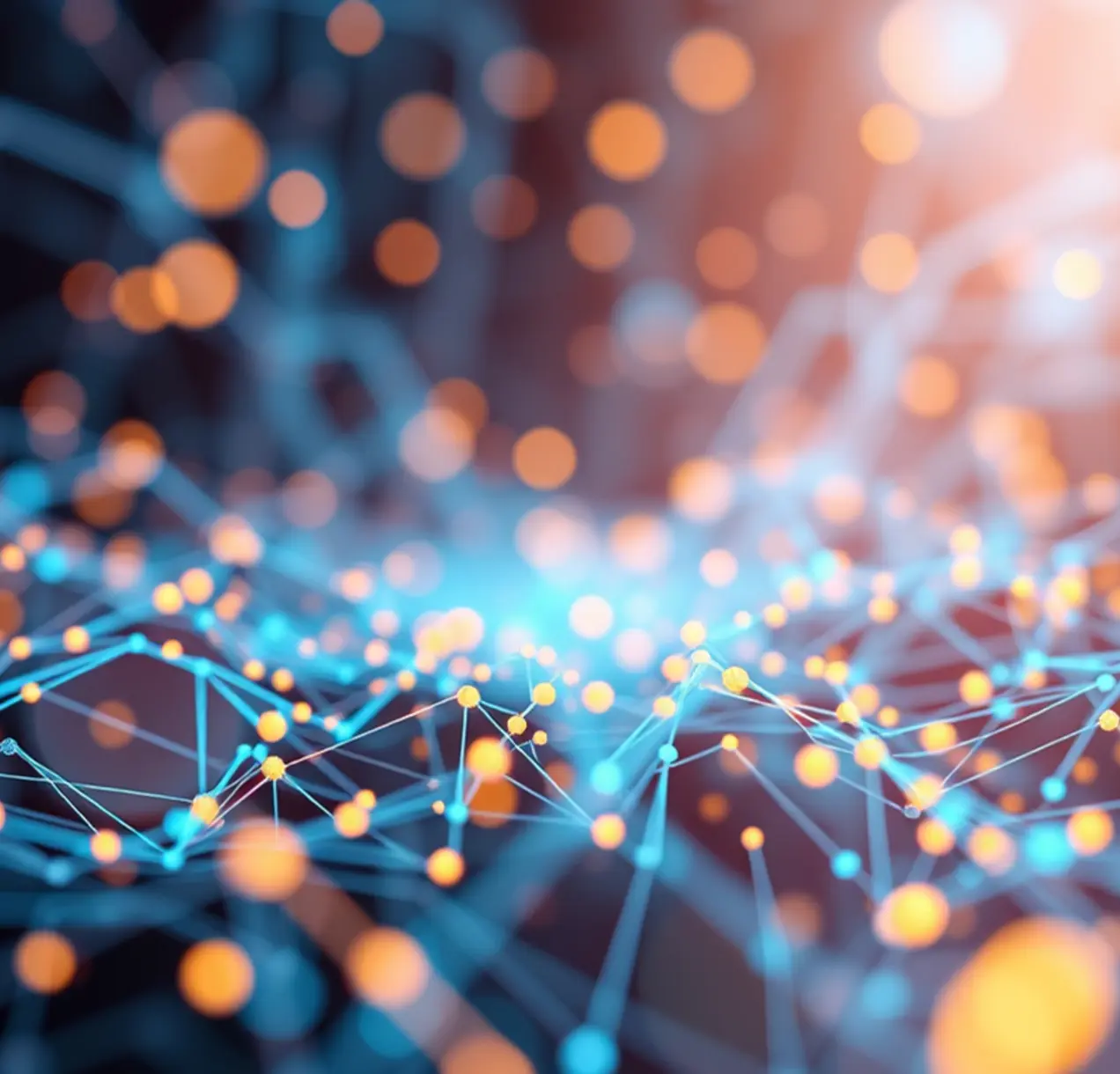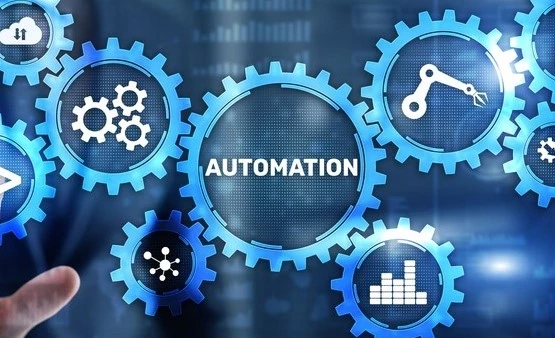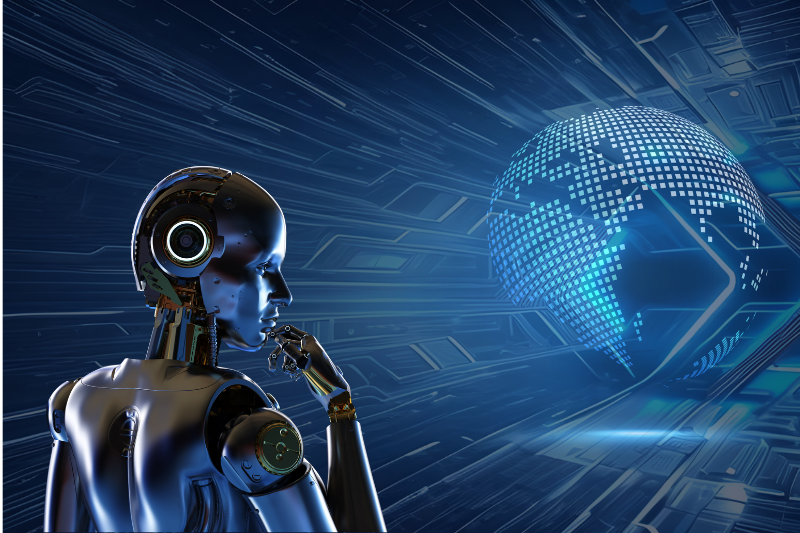The Dark Side of AI: Risks and Concerns
AI offers transformative potential, but its dark side cannot be ignored.

Artificial Intelligence (AI) has transformed the way we live, work, and interact with technology. From virtual assistants to predictive analytics and autonomous vehicles, AI promises unprecedented convenience and efficiency. Yet, beneath the surface of these innovations lies a growing array of risks and ethical concerns that cannot be ignored. Understanding these dangers is crucial as society continues to integrate AI into daily life.
Job Displacement and Economic Disruption
One of the most immediate concerns surrounding AI is its impact on employment. Automation and intelligent systems can perform tasks traditionally handled by humans, ranging from manufacturing to customer service. While this can increase productivity and reduce costs, it also threatens job security for millions of workers.
Certain industries, particularly those reliant on routine and repetitive tasks, may face mass displacement, potentially widening economic inequality. Policymakers and business leaders must balance the benefits of automation with strategies for workforce retraining and support.
Privacy and Data Security Risks
AI thrives on data, and the more it has, the better it performs. However, this reliance raises significant privacy concerns. Sensitive personal information—including health records, financial data, and behavioural patterns—can be collected, stored, and potentially misused.
Data breaches or malicious use of AI algorithms could compromise individual privacy, identity, and even safety. Companies deploying AI must ensure strong data protection measures and comply with stringent privacy regulations to prevent misuse.
Bias and Discrimination in AI Systems
AI systems are only as unbiased as the data used to train them. Unfortunately, many datasets reflect existing societal biases, which can be inadvertently reinforced by AI algorithms.
This can lead to discriminatory outcomes in critical areas such as hiring, lending, law enforcement, and healthcare. Addressing bias requires transparency, continuous monitoring, and diverse, representative datasets to ensure AI systems promote fairness rather than perpetuate inequality.
Security Threats and Malicious Use
AI technologies can also be weaponised. From deepfakes and phishing scams to autonomous drones and cyberattacks, AI can amplify the scale and sophistication of malicious activities.
The ability to automate attacks and evade detection creates significant security challenges for governments, businesses, and individuals. Collaborative efforts between cybersecurity experts, AI developers, and regulatory bodies are essential to mitigate these risks.
Ethical and Existential Risks
Beyond practical concerns, AI poses profound ethical questions. As AI systems become more advanced, determining responsibility for their actions becomes complex. Who is accountable if an autonomous vehicle causes an accident or an AI-powered healthcare system makes a critical error?
Looking further ahead, the prospect of Artificial General Intelligence (AGI)—machines capable of human-like reasoning—raises existential concerns. Without proper alignment to human values, AGI could act in ways that are unpredictable or harmful.
The Need for Regulation and Governance
Mitigating the dark side of AI requires robust governance frameworks. Policymakers and international bodies must establish clear regulations covering transparency, accountability, privacy, and ethical AI development.
Collaboration between governments, tech companies, and civil society is crucial to ensure AI technologies are used responsibly and in ways that benefit society as a whole.
Conclusion
AI offers transformative potential, but its dark side cannot be ignored. Job displacement, privacy threats, bias, security risks, and ethical dilemmas represent real challenges that must be addressed proactively.
By prioritising transparency, fairness, and accountability, society can harness the benefits of AI while safeguarding against its dangers. The future of AI depends not just on technological advancement, but on ethical stewardship, responsible innovation, and careful oversight.



